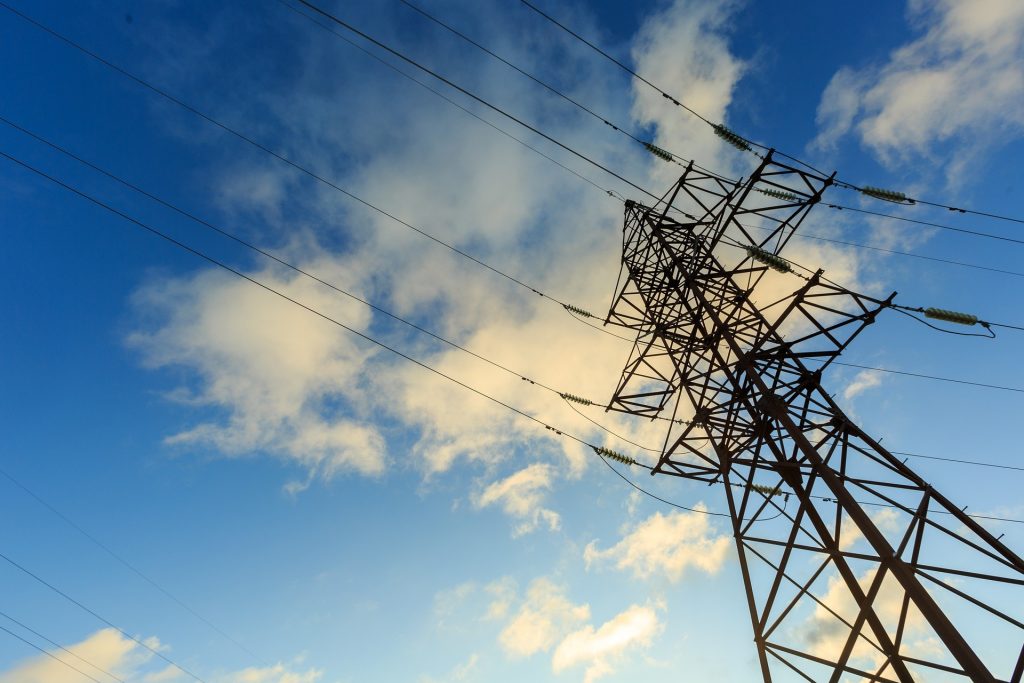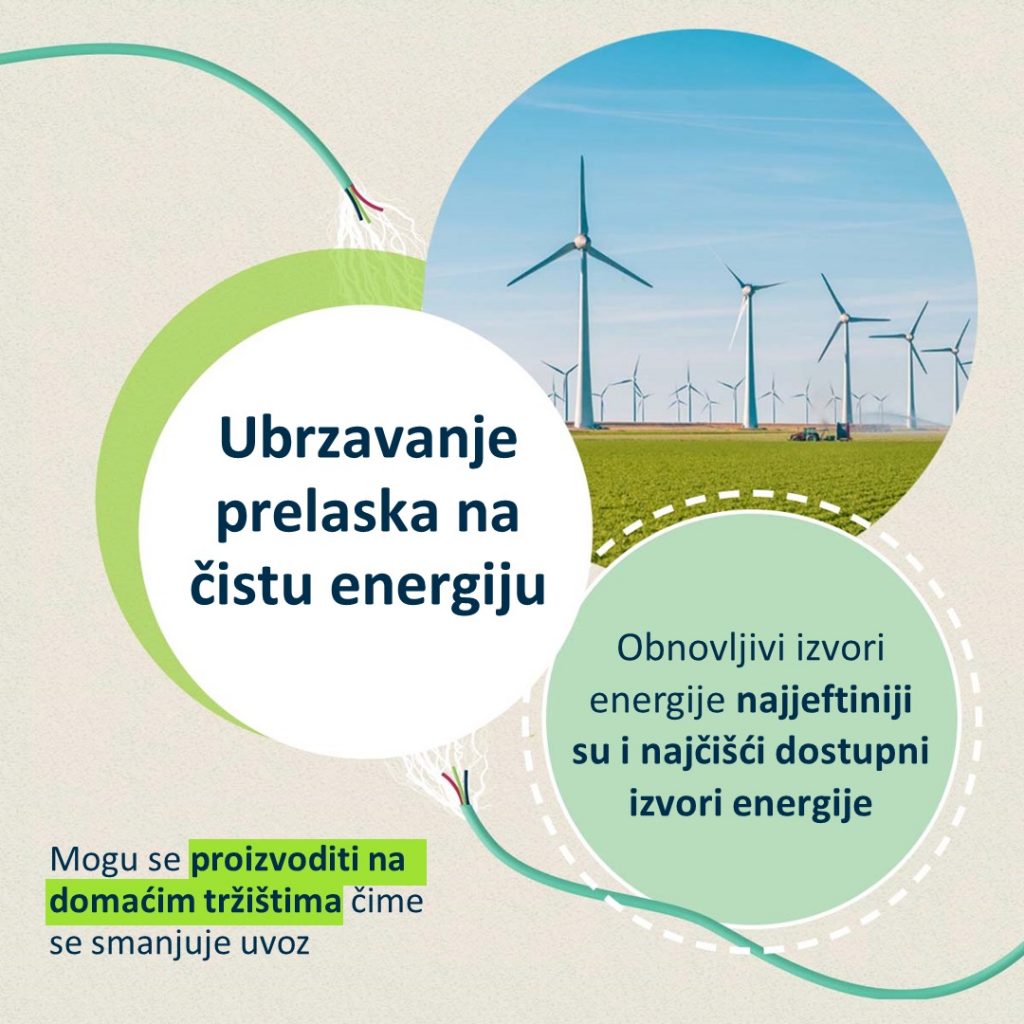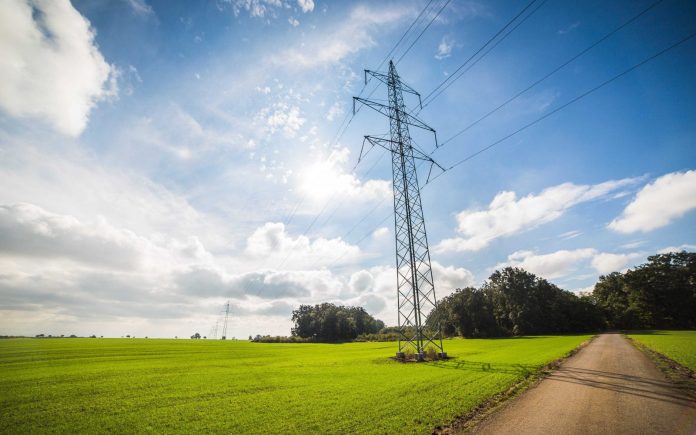A great obstacle faced by investors relates to the connection of RES projects to the electric power grid. The system operator has ceased, as of October 2021, all connections and after prolonged work on the methodology prepared by HERA, which is the basis for the new price of connectors, the price is still unknown. Regulations on the connection of the operator of the transmission and distribution system have not as yet been brought. HEP ODS and HOPS have still not aligned their rulebooks and procedures with the new legal provisions. Waiting for the corresponding methodology is an obstacle to bringing the remaining bylaws for which it is the basis, clearly additionally slowing down the entire process. Without that the system of issuing energy approvals cannot start functioning. HERA has recently announced that it will organize a workshop at which it will explain the Proposal of the decision on the amount of the unit fee for connecting to the grid. OIEH as one of the key stakeholders expressed an interest in participating in the workshop, however only a day before the set date the workshop was canceled. Apart from OIEH, only one more participant applied, which also shows the slack attitude of the sector regarding bringing a decision on the price of connection, Already a whole year has passed that RES projects have been at a standstill. Precisely in the year, the EU has set the imperative of removing obstacles and accelerating the development of RES. Therefore, OIEH publicly announced its comments on the Proposal of the decision on the amount of the unit fee for connecting to the grid, and it reads as follows:

“The documents drawn up by the system operators do not have the adequate expert foundation for establishing the unit fee for connecting to the grid. The simulation of the power flows and loads on specific elements continues to be established on unrealistic scenarios for which it is generally accepted that they do not reflect the actual state of the grid. The use of ultimate, hardly possible, and short-term events for planning investments whose costs are not borne by the operator but rather by the users of the grid is not an acceptable approach. A cost-benefit analysis (CBA) has not been established for a single proposal and it is completely incomprehensible that investments are suggested prior to reviewing the social and economic impacts of such investments.
Furthermore, systematic investments in the transmission and distribution grid which would be aligned with the goals of the energy transition are completely neglected, and generally, there have been no significant investments in the grid in the last twenty or so years. The ten-year plans of the system operators are extremely modest and unambitious and even as such are not implemented. The documents of the operator and HERA’s proposals do not show how these negative trends are to be stopped or the intentions of providing that the necessary elements of the grid are developed promptly and in transparent conditions. No mechanism would guarantee that the funds collected through the connection fee would be used in a targeted way for investments in the transmission and distribution grid.
All this unfortunately shows the trend is continuing of system operators transferring and avoiding their obligations of developing the grid, while HERA is implementing its obligation of regulating the energy sector in a feeble and unmotivated manner. For decades now, due to the lack of domestic production capacities, Croatia has been a net importer of electric power and undoubtedly the situation will get even worst in the future.

Due to similar trends in the neighboring countries, Croatia will find itself in an even more difficult environment having, at the same time, to implement an all-encompassing electrification of society. Dependence on energy and energy sources especially comes to the fore in the current energy crisis. The EU plan advocates the reduction of dependence on Russian supplies of fossil fuels in line with REPowerEU which was clearly and ambitiously presented on 8, March 2022 and adopted on 18 May 2022. The intention is to reduce by two-thirds EU’s dependence on Russian gas as early as the end of the year, and completely reduce it before the end of 2027. The Plan envisages an increase in the share of renewable sources from 40% to 45%, energy savings from 9% to 13%, 10 Mt of green hydrogen, and the much speedier development of wind and solar production capacities.
The Plan centers on the principle that the use of RES is of prevailing public interest and that it serves public security. For that reason, when various interests are weighed, RES should be viewed as a priority interest until greenhouse gases reach neutrality. Croatia has the possibility to achieve the goals of de-carbonization, decrease dependence on the import of energy and energy sources and become resistant to global disturbances in the field of energy.
Unfortunately, actions of HERA and system operators are contrary to the interests and strategic plans of the Republic of Croatia and the EU.”

We still have considerably fewer implemented RES projects concerning the potential Croatia has and we are still importing energy. In today’s crisis circumstances, energy supply security and domestic energy production are not only issues of price competitiveness but strategic security issues as well. The EU has emphasized that by proclaiming RES an issue of overriding public interest and energy security.










